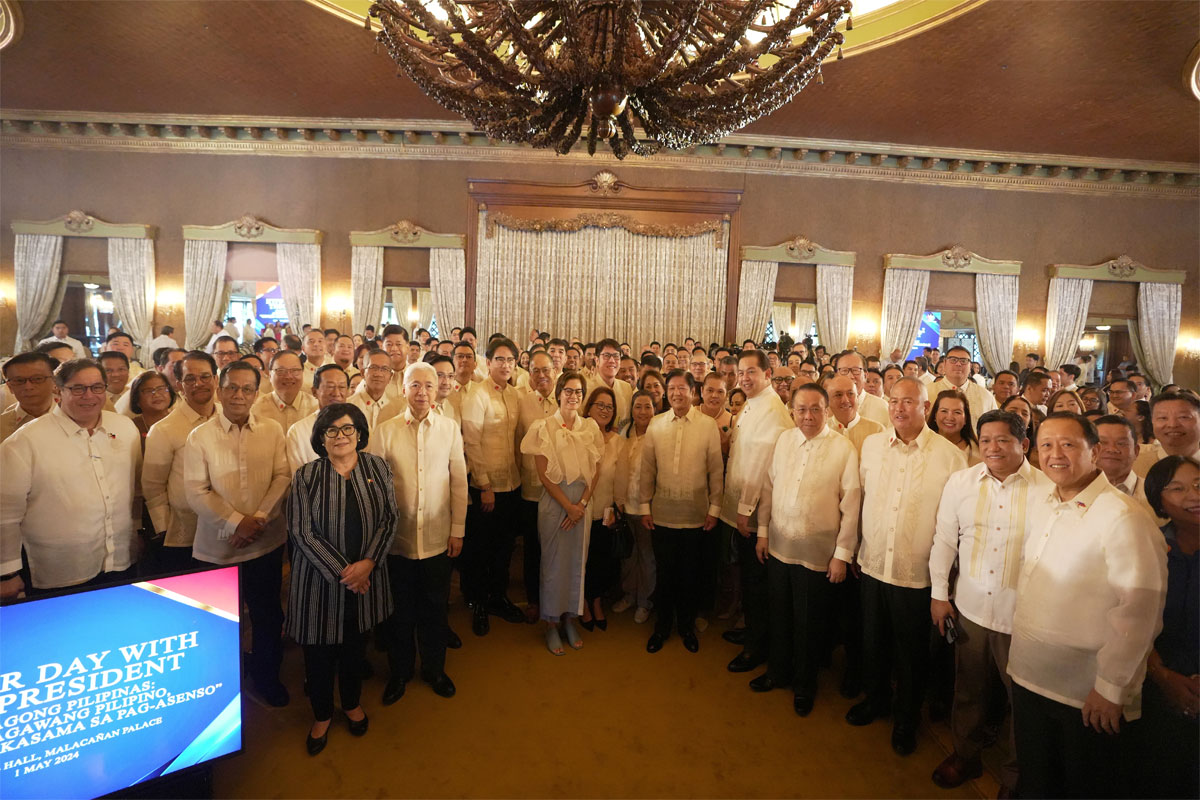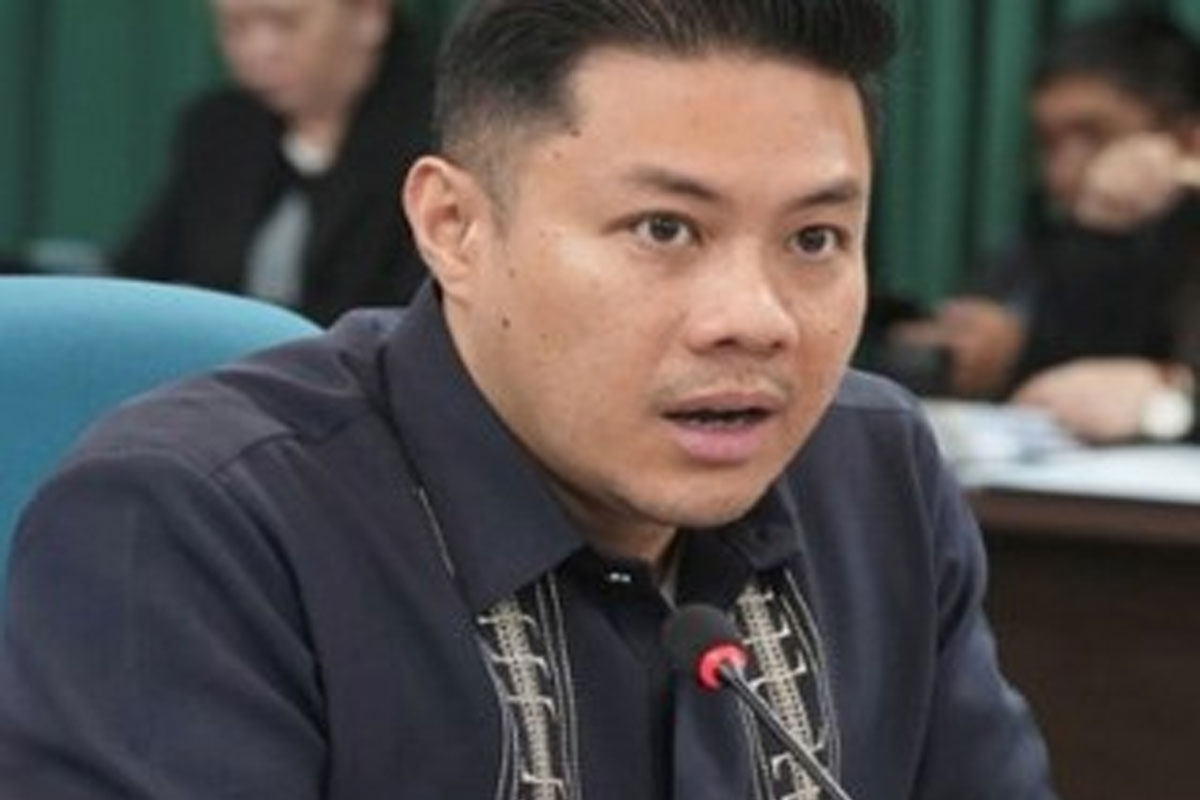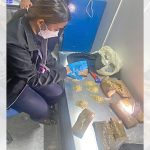
Win backs optional wearing of face masks
Amid successful return of F2F classes
A WEEK after the opening of full face-to-face classes, Senator Win Gatchalian lauded the Department of Education (DepEd) for the successful return of full in-person classes, a move that he says is crucial to the recovery of the basic education sector from the impact of the COVID-19 pandemic.
The Chairman of the Senate Committee on Basic Education also supports the optional wearing of masks in schools, noting that it would help restore “normalcy” after more than two years of implementing distance learning.
Gatchalian added, however, that schools should continue to enforce mitigation measures such as ensuring proper ventilation, installing adequate handwashing facilities, and promoting vaccination against COVID-19.
Executive Order (EO) No. 7 allowed the voluntary wearing of masks in both indoor and outdoor spaces except in healthcare facilities, medical transport vehicles, and public transportation by land, sea, and air.
The EO, however, mandates the continuous implementation of minimum public health standards to prevent and minimize the spread of COVID-19.
“Matapos ang mahigit dalawang taon ng pagpapatupad ng distance learning, sa wakas ay nakabalik na ang ating mga mag-aaral sa full face-to-face (F2F) classes. Hindi magiging posible ito kung hindi dahil sa ating mga guro, school heads, mga superintendent, at pati na kooperasyon ng mga magulang,” said Gatchalian.
The senator also highlighted the importance of implementing genuine learning recovery to mitigate learning loss that resulted from the lack of F2F classes.
He filed Senate Bill (SB) No. 150, or the Academic Recovery and Accessible Learning (ARAL) Act, to institute a national learning intervention program that will include well-systematized tutorial sessions and well-designed remediation plans.
The proposed ARAL Program ensures that learners are ensured optimal instructional time to master essential competencies and make up for learning loss.
The ARAL program will also prioritize Reading to develop the critical and analytical thinking skills of learners. For Kindergarten learners, the ARAL program will focus on building foundational competencies aimed at strengthening their literacy and numeracy.
























